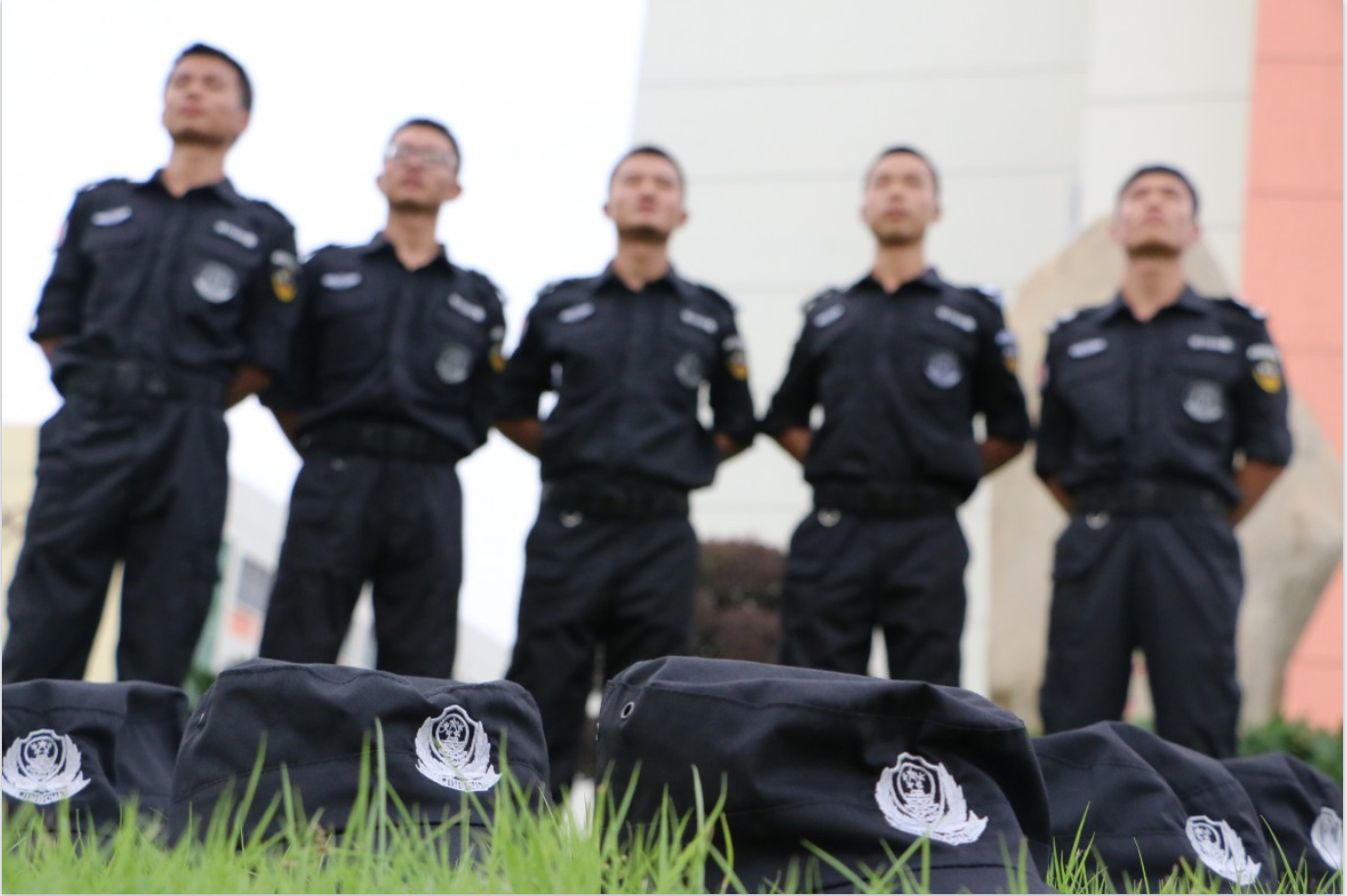
Two New York City police officers were charged with the raping and kidnapping of an 18-year-old Brooklyn girl, Anna, while she was in custody this past October. With DNA evidence from her rape kit and video evidence of her being thrown from the police van, Anna believed her case would be clear to a court. What she didn’t know was that these officers’ actions could be protected.
In 35 states, including New York, statutes do not expressly rule out sexual conduct between an officer and a detainee, if the officer claimed the act was consensual. With this loophole in place, officers can claim consent and receive sentences of one to two years, or be found not guilty.
According to a report from Buzzfeed, Anna and her two friends were sitting in a parked car, when two officers pulled up in a grey van. After asking a few questions, the officers saw weed in the front cupholder and asked the three to step out of the car. The three stepped out, but only Anna was handcuffed and brought to an unmarked police car with tinted windows. After the assault, the officers did not write a citation or file any paperwork concerning the marijuana.
This scenario is unfortunately not unique. According to a 2015 investigation by Buffalo News, every five days, a police officer is caught engaging in sexual abuse or misconduct. Even the people who are trained to “protect and serve” are further exploiting their power to take advantage of people who are at their most vulnerable.
While a majority of these assaults took place while the officer was on duty, there are many instances where a victim was abused outside of on-duty hours. Specific cases have involved officers using police resources to stalk women, threatening arrest if the victim refused to comply and just the presence of a badge being used to take control over another.
While the frequency of situations like Anna’s is awful enough, the lack of accountability and justice is a whole other level. A study done by the Police Quarterly found that, in 41 percent of cases, the officer had been a repeat offender with between two and 21 prior allegations, but still remains on the force. Officers in this study had an average of four victims each over a three year span.
Any violation of police conduct shouldn’t be taken lightly, especially ones that involve this flagrant abuse of power and harm, but this “loophole” in the system, the societal pedestal police are placed on, and the internal leeway granted makes justice for victims increasingly difficult.
The flood of sexual assault cases in the past few months alone have proven that, when given high status or power over other people, many will abuse it. Whether the perpetrator be a teacher, a coach, a doctor or a CEO, this leverage over victims will push the threat of exploitation within the relationship.
With this consent loophole still in place for officers, there will be no safe spaces or people in power for victims to turn to. Every area of our society presents ongoing danger to women. There are ongoing cases taking place in our schools, churches and offices, places that are marketed as safe spaces. Now, the only place to report these instances and move toward justice, poses yet another risk.
While Anna’s case has shed light on one of the most glaring systematic problems in today’s society, there has been a push for change. The New York State Assembly passed a resolution establishing incapacity to consent when arrested, in custody or in detention. The State Senate, which is considering the same bill, will hopefully follow in the footsteps and pass the reform. Once a state precedent is set, there must be a nationwide push for similar change in this statute.
These 35 states without protections for prisoners, including Pennsylvania, can no longer keep a distance and allow cases like Anna’s to continue.

